Management of surgical wounds remains fairly straightforward, according to facial plastic and reconstructive surgeons.
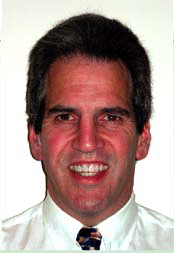

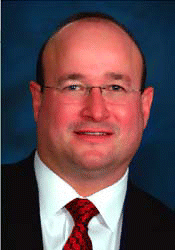
By March 1, 2008, otolaryngologists offering point-of-care CT scanning-and who are UnitedHealthcare providers-must initiate accreditation of their diagnostic facilities.
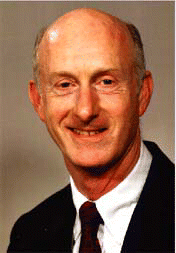
The growing numbers of politicians and special interest and consumer groups pushing health insurance for all often neglect-and sometimes penalize-the people they need most for such plans to succeed: America’s physicians.
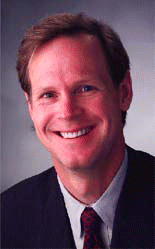
Stereotactic radiotherapy is increasingly gaining favor as an attractive alternative to conventional surgery of the skull base and head and neck.
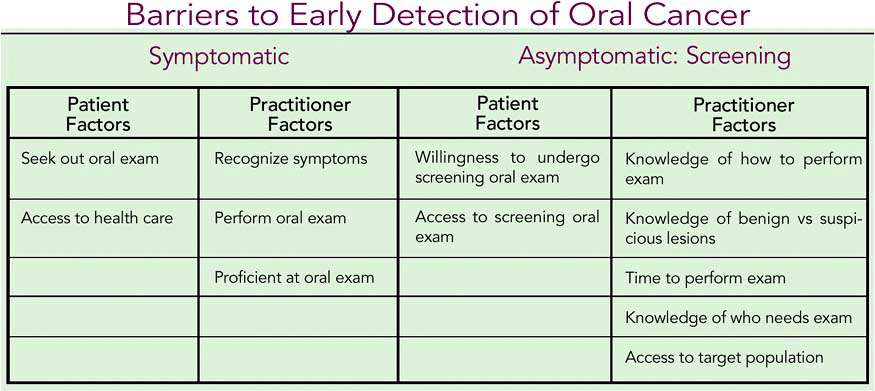
Oral screening exams are inexpensive, are easy to perform, and have the potential to reduce the annual global mortality for oral cancer by tens of thousands of people.
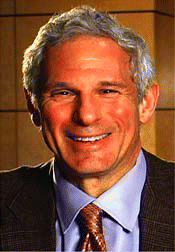
More often than not, today’s medical offices are businesses employing numerous staff people, as well as other physicians.

Vertigo is a complaint that often causes patients to seek a consultation with an otolaryngologist.
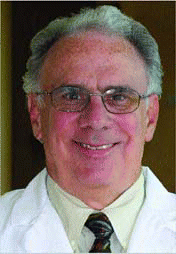
Part 2 of this article will discuss treatment options for skull base tumors.
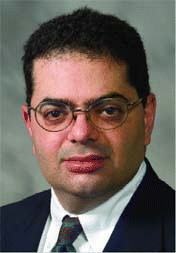

How are your patients doing? Do you know the impact of their disorders-and the management approach you selected for them-on their health-related quality of life?